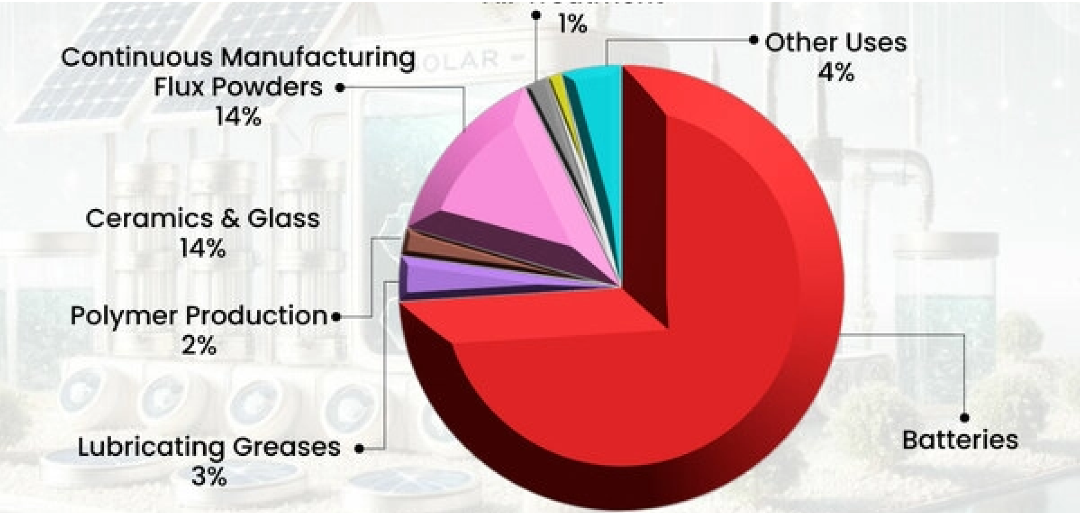Study Says Plastic Recycling Can Be More Environment Friendly With New Method
The clean energy transformation by countries worldwide has accelerated the process of innovation and new findings to help improve the phenomenon. A study conducted in 2023 shows that waste plastics can be turned into clean hydrogen and high-value graphene.
A recent study conducted by scientists proves that waste plastics can be transformed into high-value graphene and clean hydrogen. The study demands that the process involved in the conversion can convert unsorted and discarded plastics to valuable by-products. The technique involved in transforming plastics into clean energy and high-value graphene is called 'flash joule.' Rice University conducted the study to carry out the findings for the plastic conversion.
Based on the study, the graphene derived as the study's outcome can be sold to get 5 percent of its market value. Graphene could enhance hydrogen if the renewable energy source accelerates the process. The recent innovation of turning plastics into clean hydrogen and graphene will benefit the environment. Currently, the world produces approx. 6.3 billion tons of plastic waste, recycling the same can result in high-yield hydrogen gas and graphene. The clean hydrogen produced in the recycling process can be used as a clean fuel, and graphene as an end product supports the process economically. Recycling unsorted waste plastics and getting valuable outcomes from the process is the main advantage of the new flash joule method. However, the process will also involve renewable energies for the hydrogen produced from the recycling process to be completely green.

